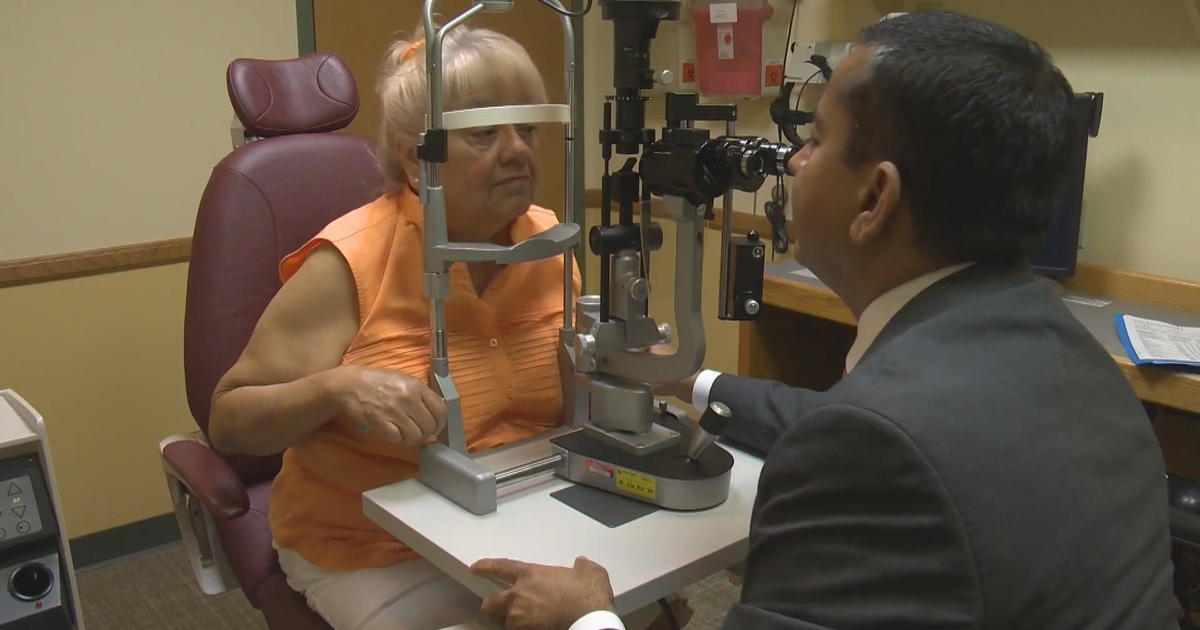Local Researchers: BMI Should Not Be Only Predictor Of Poor Health
By Lynne Adkins
PHILADELPHIA (CBS) -- Local doctors are suggesting that a BMI score should not be the only predictor of poor health related to obesity.
Children get their body mass index score in school -- adults could get it at the gym -- a number that is used to measure body fat and identify those who are overweight to obese. Dr. Rex Ahima, professor of medicine at the University of Pennsylvania says we should remember it's just one number.
"The body mass index is increasingly used as an approximate measurement of fat," he says, "and the assumption is that if your BMI is very high than you are at high risk of developing diabetes, heart disease and possible and higher risk for death."
Even though a BMI greater than 30 is obese, Ahima says there are more factors to consider.
"Some people will subdivide them into grade one: 30-35, grade two: 35-to less than 40, grade three is BMI greater than 40. These categories don't take into consideration your sex, your age, or your ethnicity."
Dr. Ahima admits that BMI is an easy and accurate test, but says it should be considered only one part of the equation.



